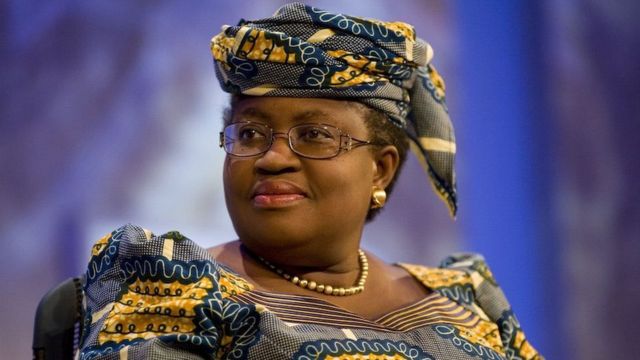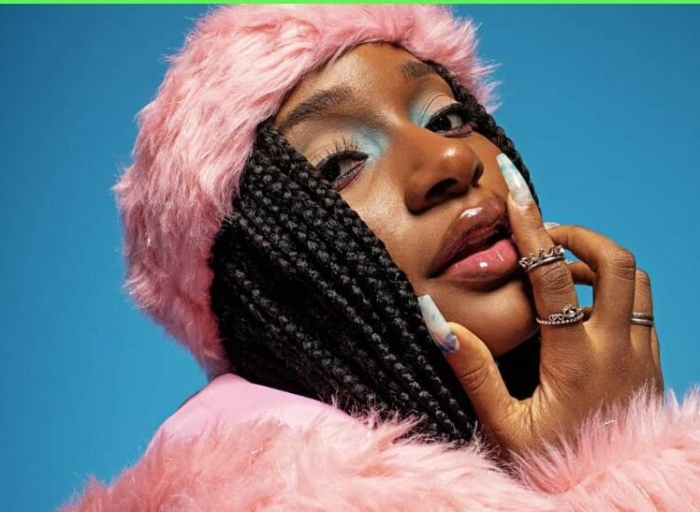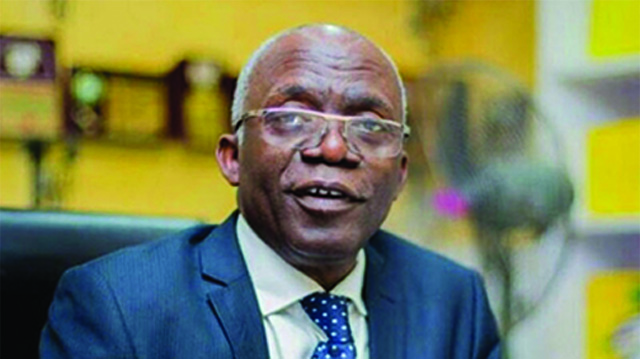The candidacy of Ngozi Okonjo-Iweala, Nigeria’s trailblazing leader at the World Trade Organization (WTO), was anticipated since July, and her prospects seem promising—provided there’s no repeat of Donald Trump’s 2020 block on her nomination. Okonjo-Iweala, the first African and woman to head the WTO, is now pursuing a second term as the organization grapples with internal reforms and the challenge of securing significant new agreements.
Although no other candidates have emerged yet, one major factor remains—the outcome of the U.S. presidential election. Trump, who obstructed her appointment in 2020, could still pose a significant threat to her candidacy if he returns to office.
A Strong Bid for Renewal
Back in July, African countries officially called on Okonjo-Iweala to seek a second term at a WTO headquarters meeting. With her candidacy now confirmed, she looks well-positioned for re-election. The 70-year-old Nigerian diplomat is widely respected for her dedication and global connections. On September 16, she formally announced her decision to the Chair of the WTO General Council, Norwegian Ambassador Petter Olberg.
Her current term, set to expire in August 2025, covers the leadership of an increasingly complex WTO, which welcomed East Timor and the Comoros as members in 2023. As the process for the next Director-General begins nine months prior to the end of the current term, time is of the essence. As with all WTO appointments, consensus among its members is key.
Challenges and Past Resistance
The WTO’s nomination process worked for Okonjo-Iweala despite a dramatic challenge in 2020, when Trump unexpectedly opposed her, backing South Korean Trade Minister Yoo Myung-hee instead. It wasn’t until Joe Biden’s election that the U.S. reversed its stance, allowing Okonjo-Iweala to assume leadership in February 2021, succeeding Brazil’s Roberto Azevedo.
Under her leadership, Okonjo-Iweala has worked tirelessly to reinvigorate the WTO, positioning it at the forefront of critical discussions on vaccine access during the COVID-19 pandemic. She also facilitated the long-delayed agreement to ban harmful fishing subsidies, and she supports flexible trade agreements when consensus proves elusive.
However, reform pressure has mounted during her tenure. Central issues include pushing advanced emerging economies to take on more responsibilities and addressing the dysfunctional dispute settlement system, particularly the U.S.-blocked appointments to the Appellate Body. Reviving this process remains a top goal for 2024, ahead of the WTO’s next ministerial conference in Cameroon in 2026.



